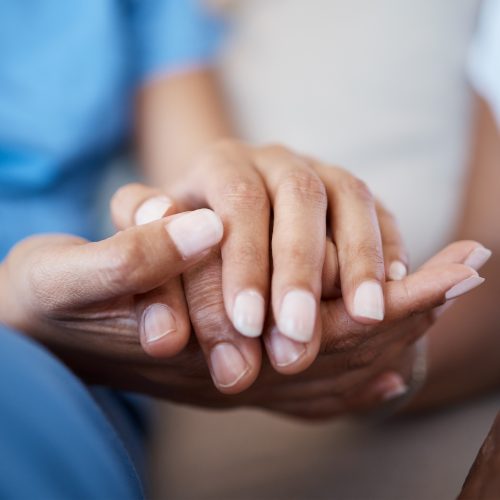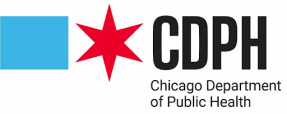Behavioral Health


Behavioral Health Bureau
The Behavioral Health Bureau is committed to helping every Chicago resident receive the care they deserve, working with community partners to grow and strengthen behavioral health resources across Chicago, and expanding CDPH direct services to complement existing safety net systems.
Learn more in our full listing of Behavioral Health pages below.
Behavioral Health Pages
- Bullying Prevention
Learn how to identify bullying and help prevent it. - Cannabis Facts Chicago
Learn about cannabis health and safety tips. - Crisis Assistance Response & Engagement Program (CARE)
Learn about the CARE program in Chicago. - CDPH Suicide Prevention Initiative
Learn about the CDPH Suicide Prevention Initiative, our QPR approach, and QPR training opportunities. - Child Abuse and Neglect
Find information on child abuse and neglect. - Childhood Exposure to Violence (CEV)
Learn to recognize and address the symptoms/behaviors a child may exhibit when a child has been exposed to violence. - Mental Health Equity Initiative (MHEI) Network Dashboard
Learn about the Mental Health Equity Initiative (MHEI) initiative and review MHEI data. - Opioid Use
Learn about the consequences of opioid use and how to prevent overdose deaths. - Overcome Opioids
Learn about the public health and personal impacts of opioid misuse. - Powerful Ways to Prevent Bullying
Learn about bullying prevention training for education professionals and parents. - Substance Use Disorder
Learn about substance use disorder prevention and treatment programs. - Teen Dating Violence Prevention
Learn how to identify and respond to teen dating violence. - Trauma-Informed Resources
A compilation of trauma-focused resources, tools, and educational opportunities from Chicago partners and from trauma-informed initiatives across the country. - Violence Prevention
Learn about violence prevention topics and resources.
The CDPH Bureau of Behavioral Health is committed to advancing mental health equity in the city. The events within this area span suicide prevention trainings, opioid harm reduction trainings, which include demonstrations of administering Narcan®, and creative wellness sessions throughout the year. City of Chicago Mental Health services are accessible to all Chicagoans. Click on individual events for details and registration links.
External Sites
- Community Safety Coordination Center
The Community Safety Coordination Center (CSCC) works across City departments to implement a coordinated, community-led approach to address the root causes of community violence.




